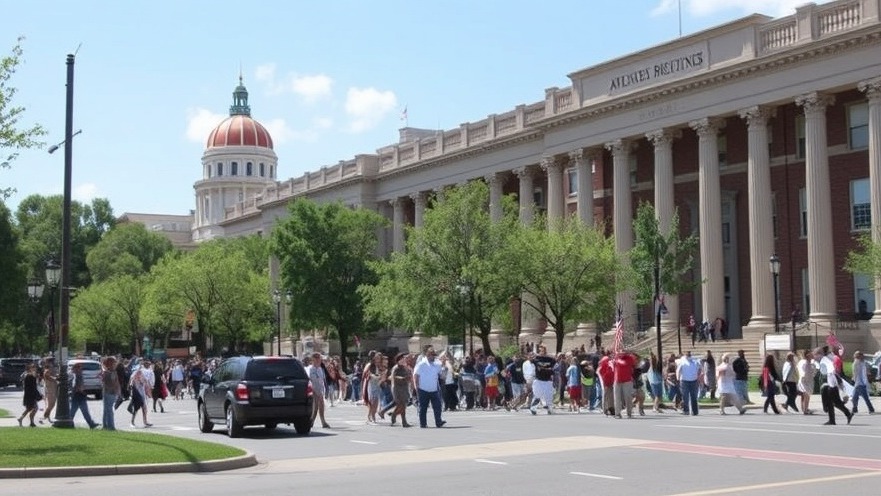
Arkansas Takes Bold Step in SNAP Policy Change
In a landmark decision, Arkansas, alongside five other states, has received approval to ban certain unhealthy foods from being purchased with Supplemental Nutrition Assistance Program (SNAP) benefits. This decision comes as part of a bipartisan initiative led by U.S. Secretary of Health and Human Services, Robert F. Kennedy Jr., which aims to encourage healthier choices among those relying on food assistance.
In 'Arkansas given OK to ban some unhealthy food for SNAP recipients', the discussion dives into the significant changes being made to SNAP policies, exploring key insights that sparked deeper analysis on our end.
The Details of the Ban
The foods set to be excluded from SNAP purchases include sugary drinks—such as sodas and fruit beverages that have less than 50% natural juice—and candy. The rationale behind this measure is to ensure that taxpayer dollars do not inadvertently fund items that contribute to health issues like diabetes and obesity.
Health Concerns vs. Access Issues
While supporters of the ban argue that it promotes healthier eating and reduces long-term healthcare costs, critics highlight potential issues with food accessibility. Many individuals relying on SNAP often face challenges in obtaining healthier food options due to economic constraints and limited shelf life of fresh produce. This critical perspective raises questions about the effectiveness of such a ban and whether it truly serves the intended purpose of improving health outcomes.
What Lies Ahead for SNAP Recipients?
This measure is part of a growing trend in the U.S. where food assistance programs are being scrutinized for the types of products eligible for purchase. As Arkansas moves forward, other states may look to this decision as a model, while recipients will need to adjust their shopping habits amid these new restrictions. The implications of this change could redefine how assistance programs function, prompting discussions nationwide about health, choice, and economic access.



Write A Comment